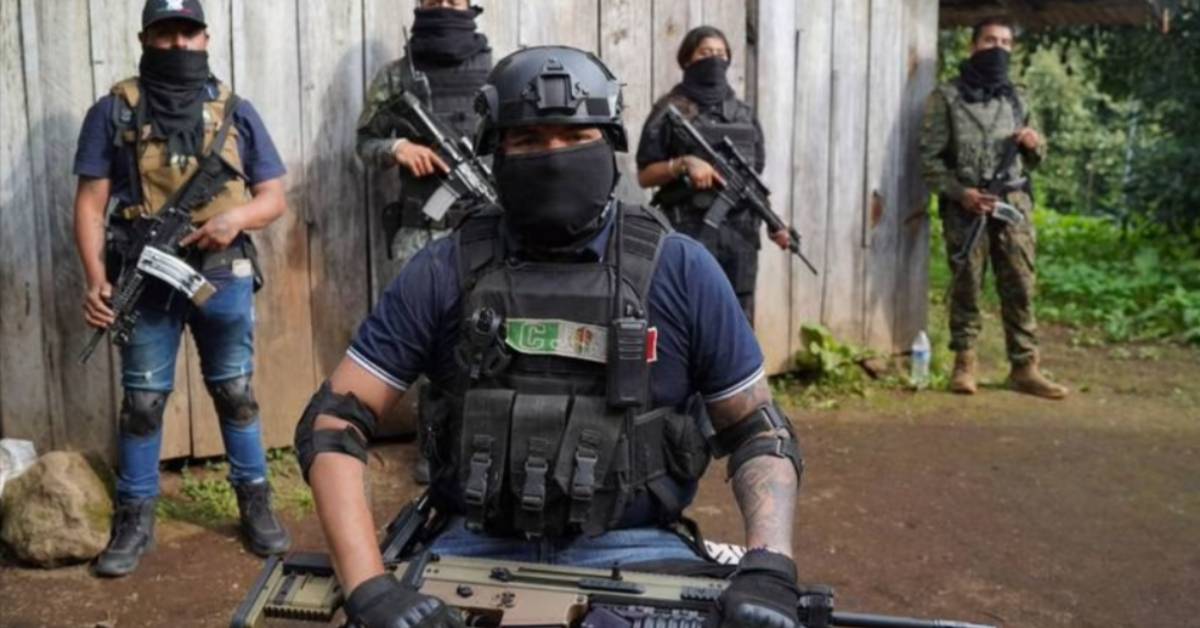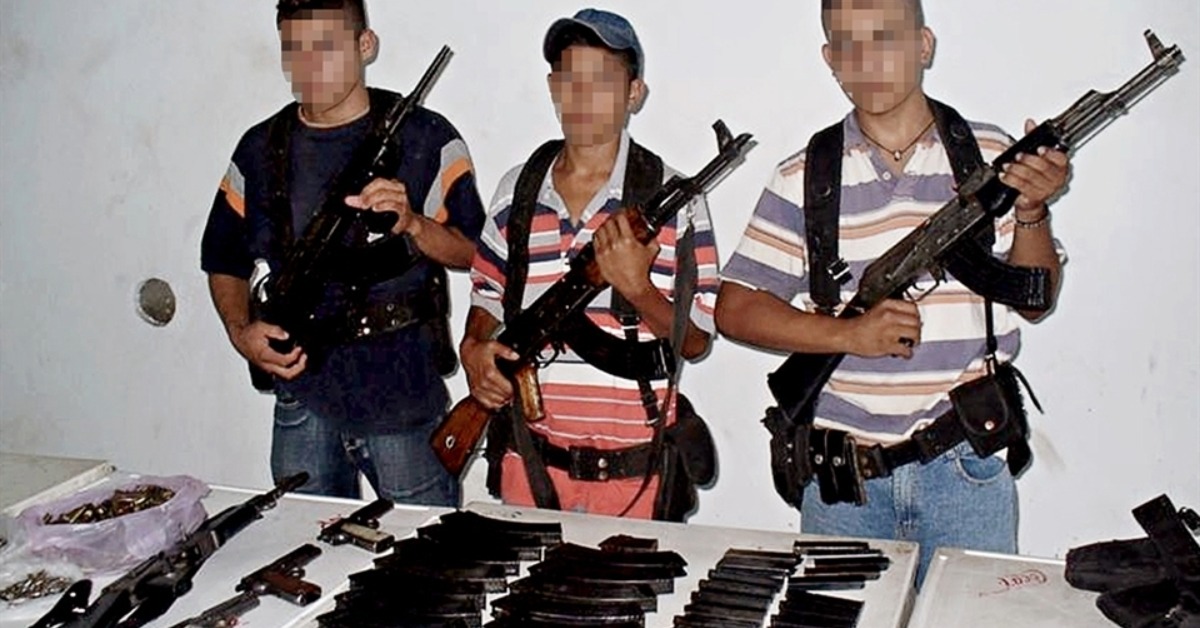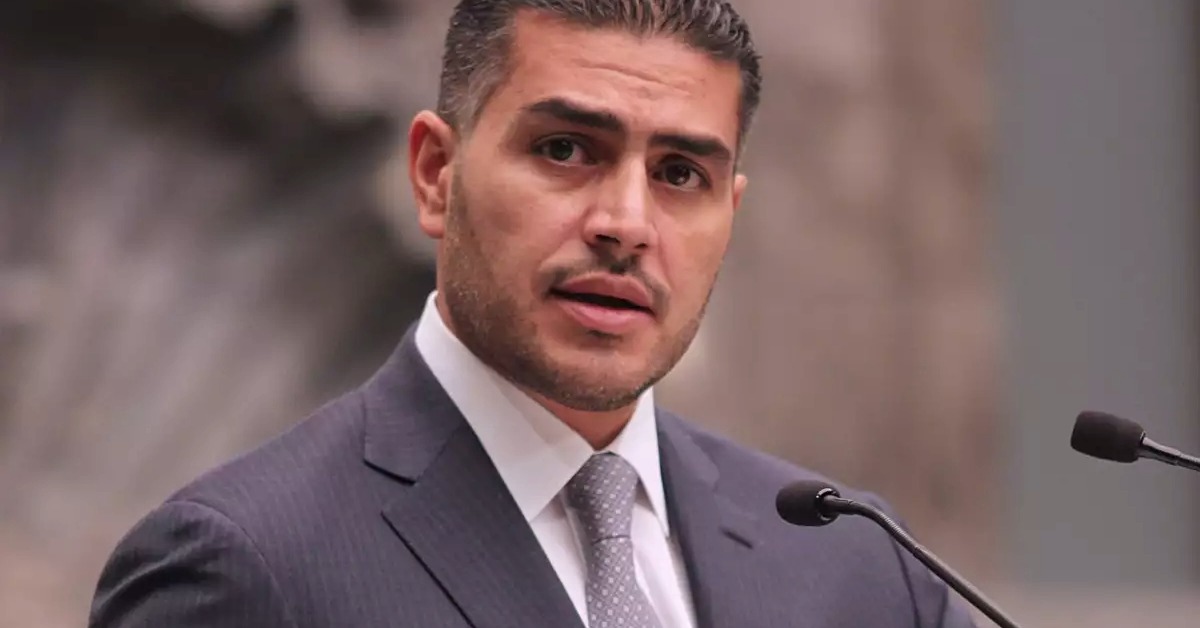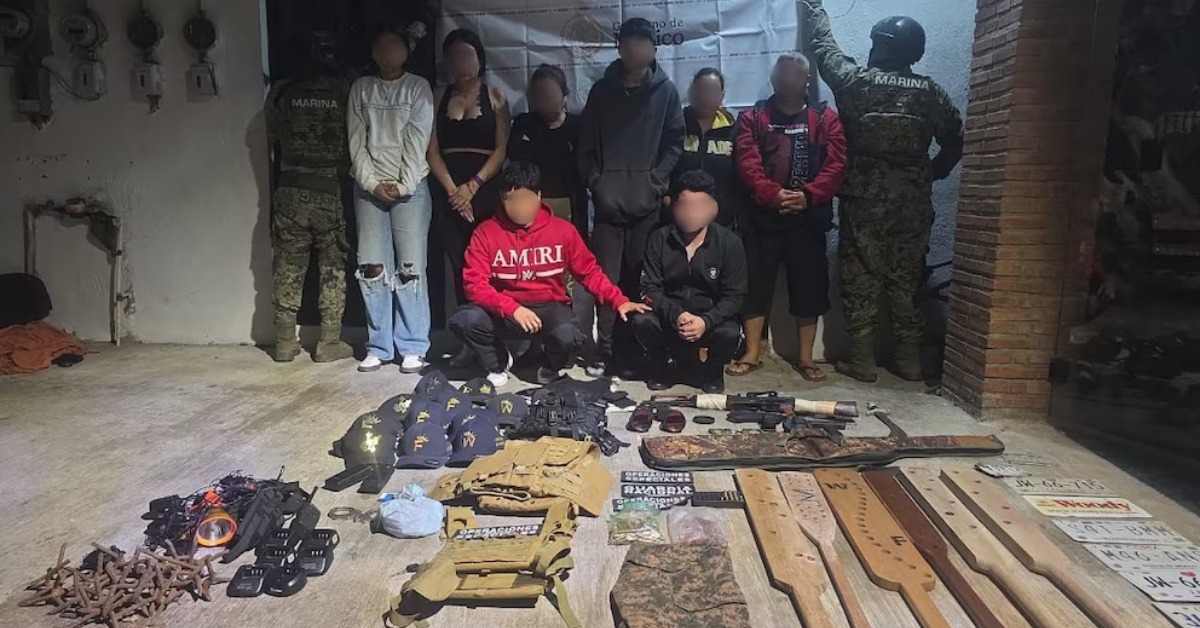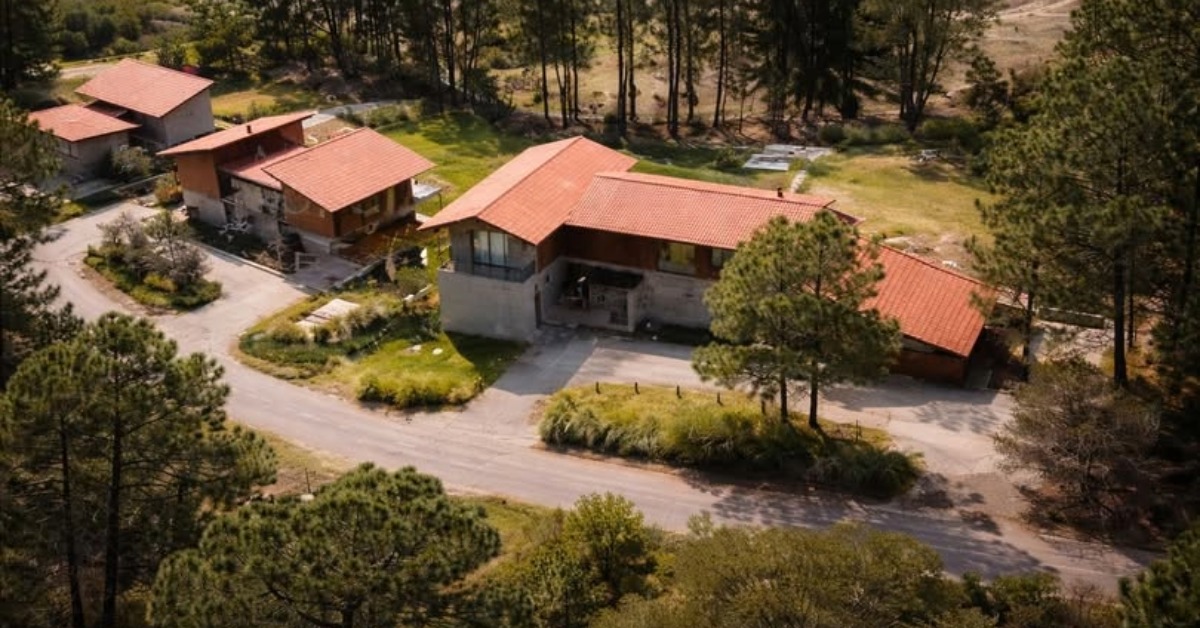PUERTO VALLARTA (PVDN) - The annual Nobel Prize nominations commence this October and have always been surrounded by intrigue and anticipation. Founded on the principles of Alfred Nobel's will, the Peace Prize aims to recognize individuals or groups who've greatly impacted the global fraternity, advocating for the reduction of armies and promoting peace.
The award has evolved since World War II, rewarding contributions to arms control, peace negotiation, democracy, human rights, and fostering a more organized and peaceful world. More recently, in the 21st century, efforts to counteract climate change and environmental threats have also been recognized as integral to maintaining peace.
However, this year's nominations have seen a highly controversial proposal: awarding the Nobel Peace Prize to Mexican drug cartels.


